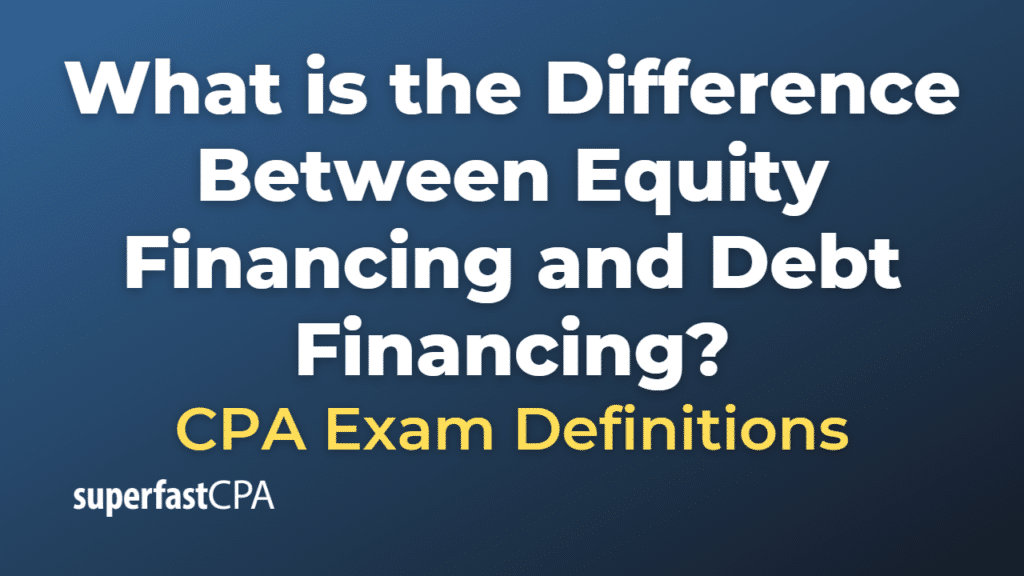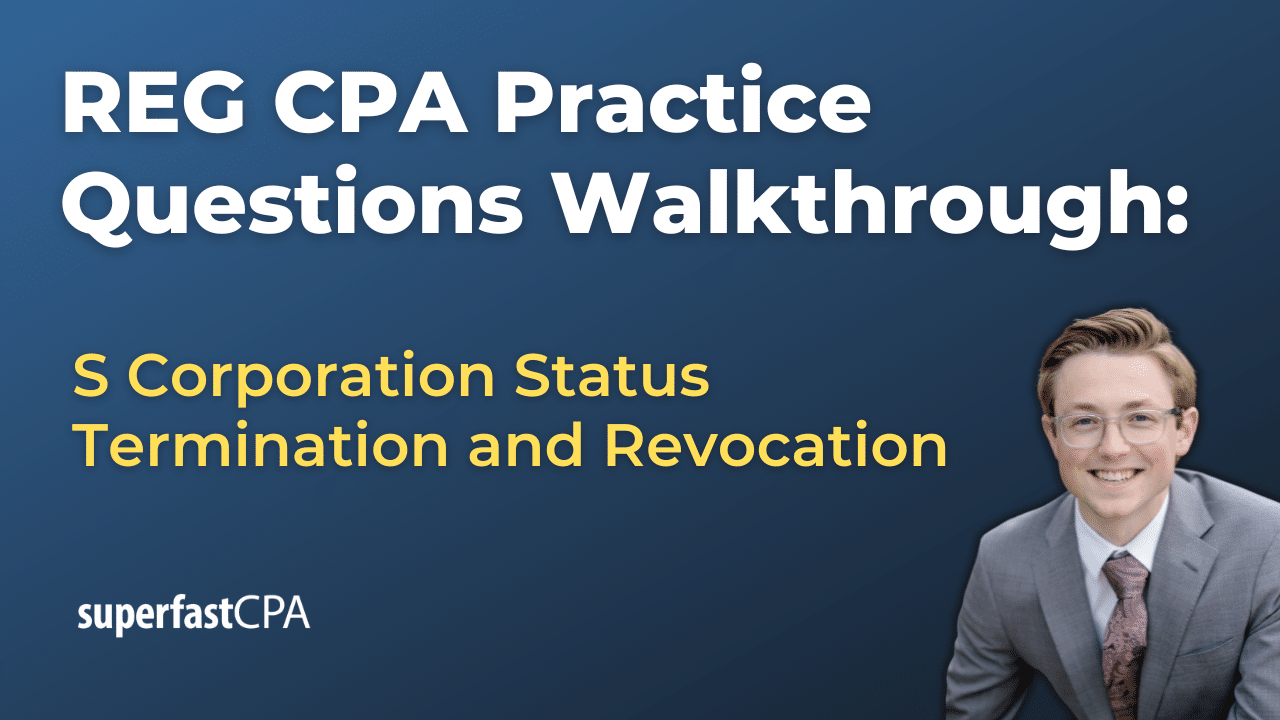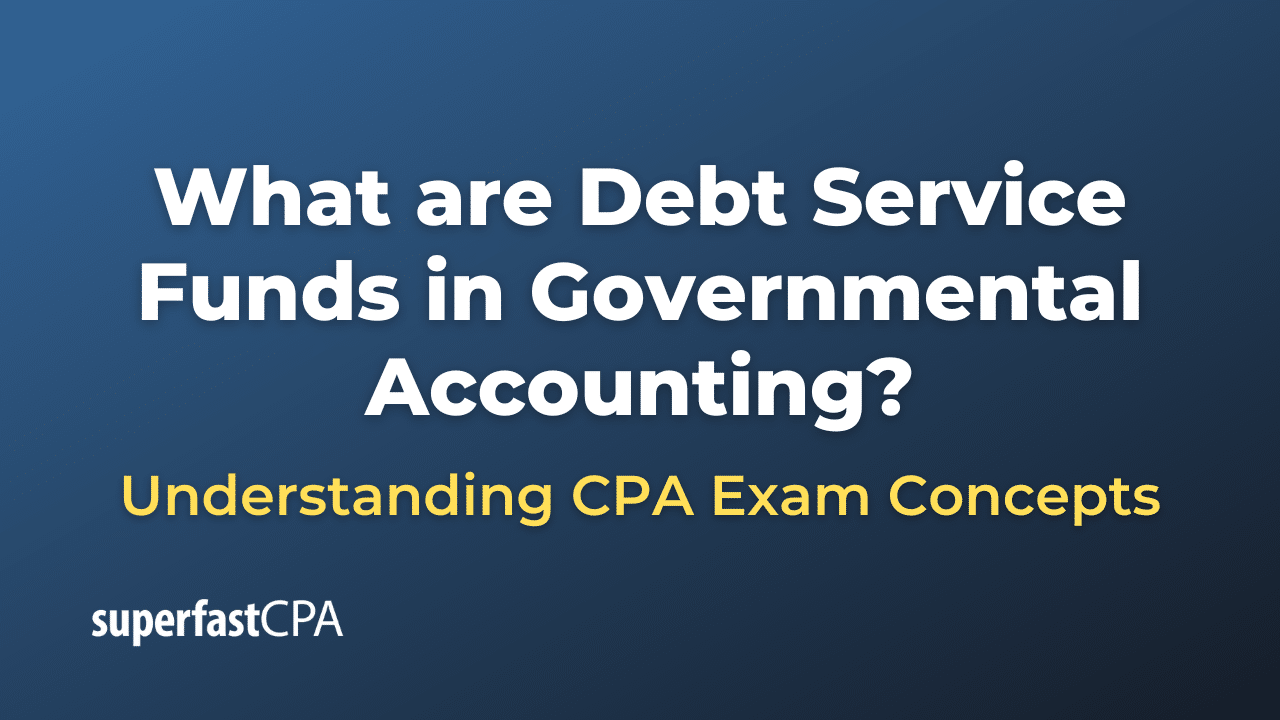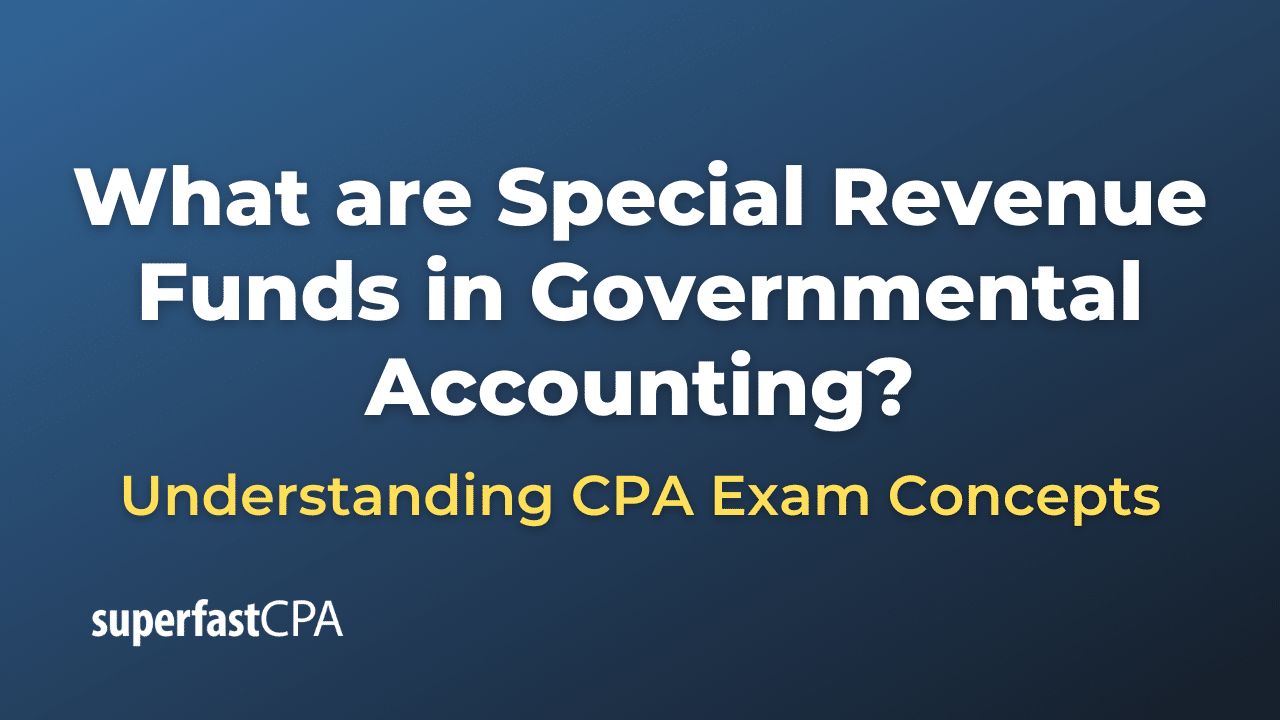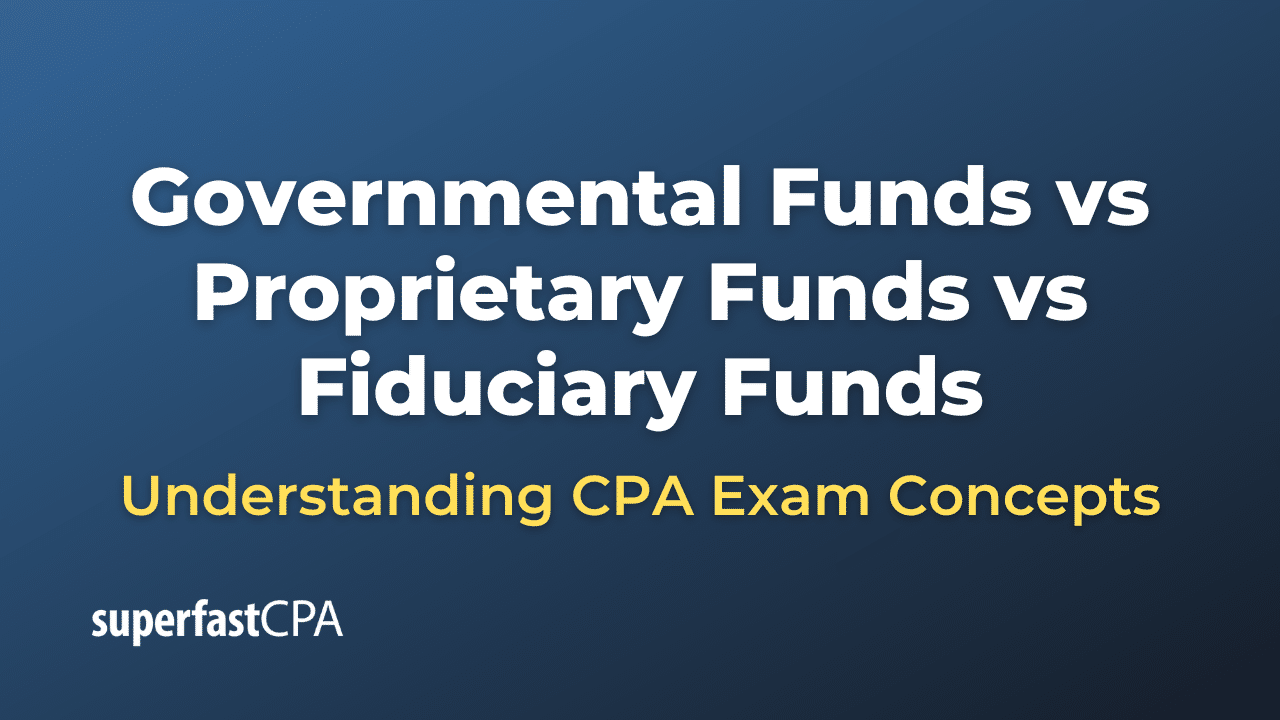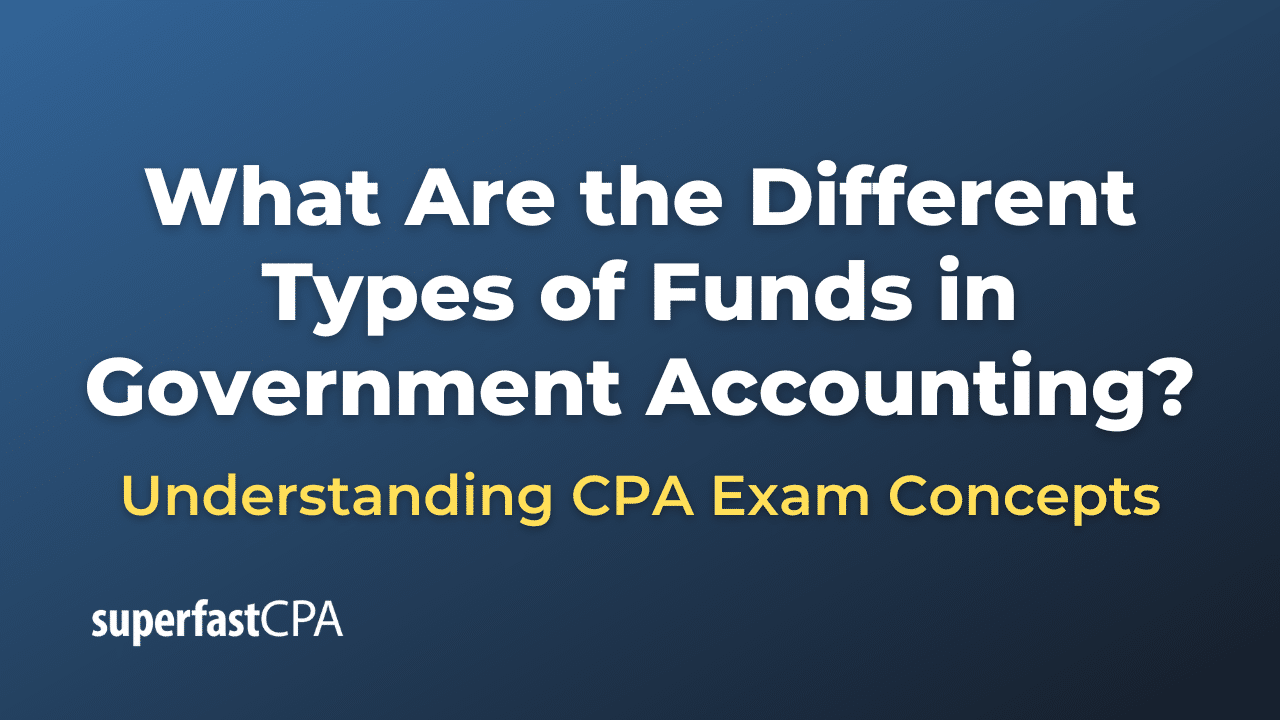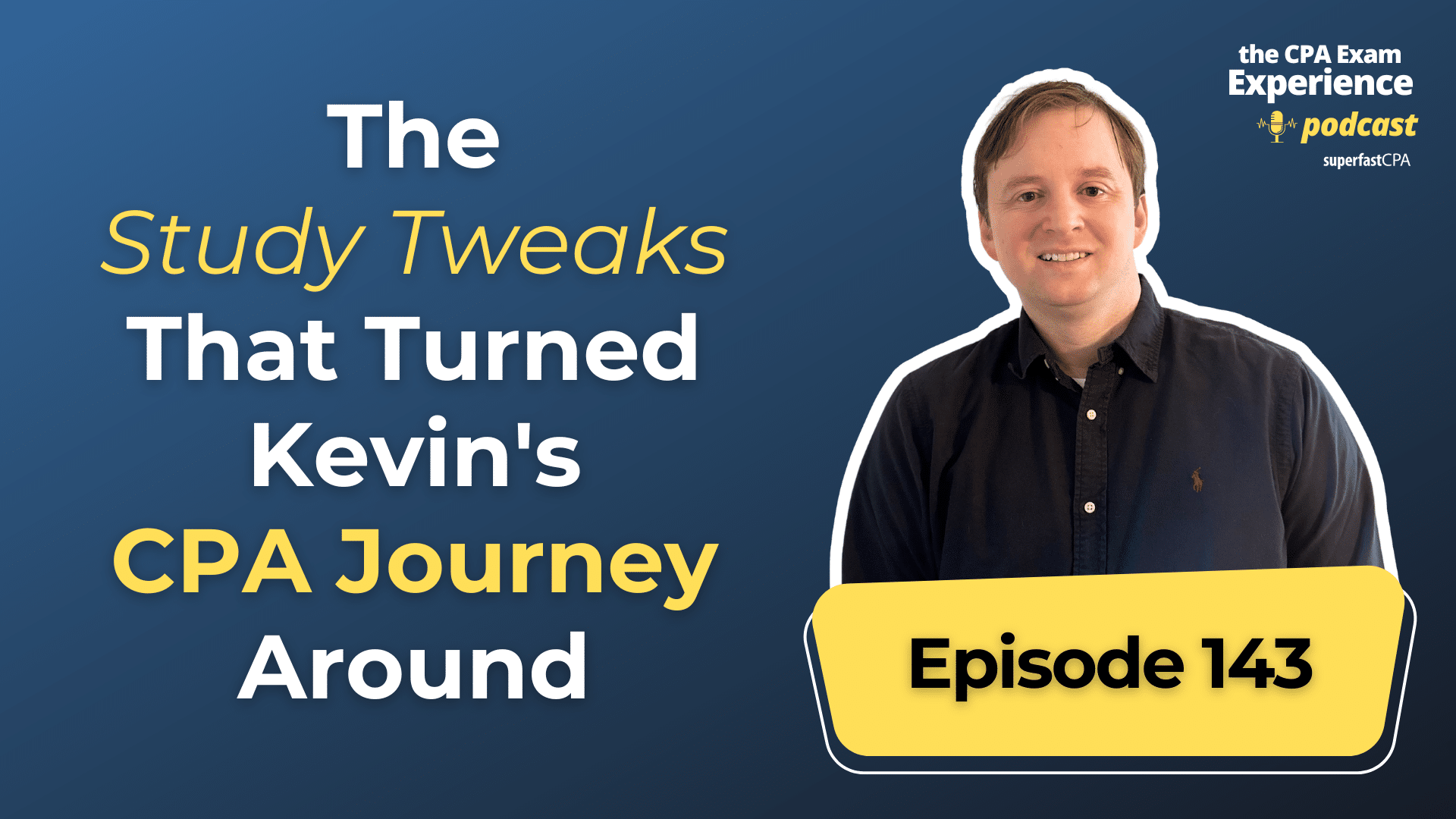Difference Between Equity Financing and Debt Financing
Equity financing and debt financing are two distinct ways for a business to raise capital, and they differ in terms of ownership, repayment, cost, and risk.
- Equity Financing: This involves selling a stake in the company (shares of stock) to investors. In exchange for their investment, shareholders receive ownership interest in the company. This means they may have a say in company decisions (depending on the type of shares they hold) and are entitled to a portion of the company’s profits, usually in the form of dividends.
- Ownership: Equity financing dilutes the ownership of the original owners of the business.
- Repayment: The company is not required to repay the capital to investors in the way that a loan would need to be repaid.
- Cost: There’s a cost of equity in the form of dividend payments or share of profits, although not all companies pay dividends. Also, it often involves giving up some control and decision-making in the company.
- Risk: While there’s no obligation to repay the capital, if the business fails, equity investors typically have lower priority than debt holders in recouping their investment.
- Debt Financing: This involves borrowing money that must be repaid over time with interest. This can come in the form of a loan from a bank, bonds issued to investors, or other types of debt agreements.
- Ownership: Debt financing does not dilute ownership. The lenders do not gain an ownership interest in the business.
- Repayment: The company must repay the principal and interest by a specified date, regardless of its financial situation.
- Cost: The cost of debt is the interest that the company must pay, which can be hefty for riskier borrowers but is usually tax-deductible.
- Risk: If the business fails, debt holders typically have a higher claim on the assets of the business than equity holders.
The choice between equity and debt financing depends on many factors, including the nature of the business, the state of the financial markets, and the specific goals and circumstances of the company. Often, businesses use a mix of both equity and debt financing to take advantage of the different benefits each provides.
Example of the Difference Between Equity Financing and Debt Financing
Let’s look at examples of both equity financing and debt financing:
Equity Financing Example:
Consider a startup tech company, TechCo, that needs to raise $1 million to develop a new software product. TechCo might decide to sell shares of the company to investors in a process called a “seed round” or “Series A round” of financing.
If TechCo sells 100,000 shares at $10 per share, it will raise the $1 million it needs. The investors who buy these shares now own a portion of TechCo and may have a say in how the company is run. If TechCo is successful and starts making profits, these investors could receive a portion of those profits in the form of dividends, or they might see the value of their shares increase.
Debt Financing Example:
Now, consider a manufacturing company, ManuCo, that needs to raise $1 million to purchase a new factory. ManuCo might decide to take out a loan from a bank or issue bonds to investors.
Suppose ManuCo takes a bank loan with an interest rate of 5% to be repaid over 10 years. ManuCo will have to make regular payments on this loan, regardless of how well the business is doing. If ManuCo is unable to make its loan payments, the bank might have the right to seize the company’s assets to recoup its loan.
The major difference here is the ownership and the repayment obligation. In the case of equity financing (TechCo), the investors become partial owners of the company and are entitled to a share of the profits but the company doesn’t have a repayment obligation. However, in the case of debt financing (ManuCo), the company has an obligation to repay the loan with interest, but the lenders do not receive any ownership interest in the company.

